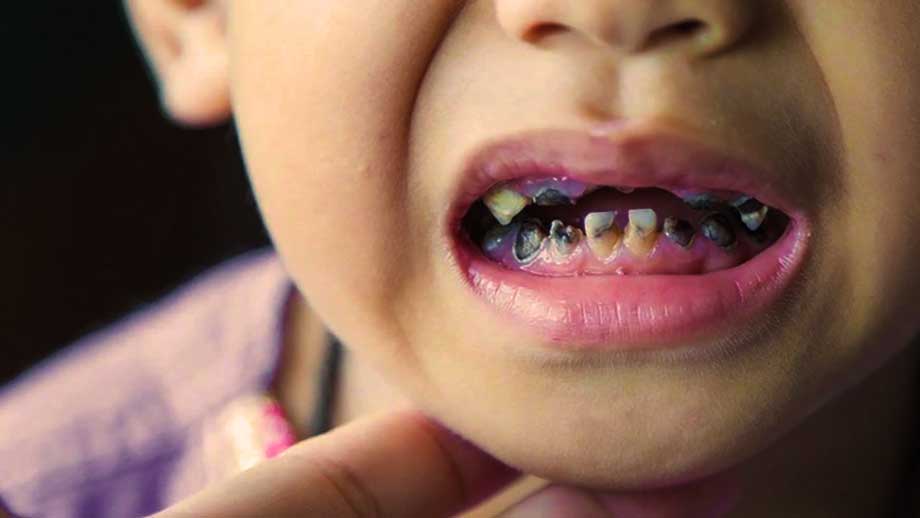As many as half of immigrant children in the troubled Malmö area of Rosengård have cavities. This is far above the average for Swedish children. It has led to an overload of public dental care and high costs for taxpayers. Now, the public purse is set to open further in hopes of improving dental health in Malmö’s ‘socioeconomically vulnerable’ areas.
The immigrant-dominated Rosengård ranks at the bottom when it comes to children’s dental health. In many cases, this reflects the general dental status in their countries of origin, which often falls far below the Swedish standard.
The figure has, however, decreased somewhat compared to the migrant crisis in 2015 and the subsequent years. At that time, the corresponding figure for children aged 3 to 10 with cavities in this group was 60 percent – 10 percentage points higher than today.
Prioritization and subsidies
Through costly major investments in the form of free or heavily subsidized dental care and prioritization for this group, some improvement has occurred at the expense of taxpayers. However, typical immigrant areas like Rosengård still rank among the worst in the country when it comes to children’s dental health.
READ ALSO: Staff exodus from public dental care leads to YEARS-long queues
Fadi Romi, clinic manager at the Rosengård Public Dental Care, does not shy away from attributing the alarmingly poor oral health among the area’s children relative to Swedish children to cultural factors, ‘such as lifestyle and diet.’
Overall, Fadi Romi also points out a connection between poor dental health and what is referred to as ‘socioeconomically vulnerable areas.’ People generally care less about their own and their children’s teeth in these areas.
– We know there is a connection there, he says.
Learning dental hygiene
But now, the Public Dental Care is making major investments again, including the opening of new facilities in Rosengård so that more migrant children with damaged teeth can get them fixed. Children in this area will now also have more frequent check-ups than children in Swedish areas.
READ ALSO: Seven years’ wait for a dental examination at public dental care
At the same time, efforts are being made to prevent and promote health. Children and their parents are being taught basic dental hygiene, such as brushing teeth and the fact that sweets and soda erode enamel and cause cavities.
– We are, among other things, visiting schools to share our knowledge, Fadi Romi tells SVT.
Reports of neglect regarding children’s teeth
One consequence of the cultural reasons why dental health is not seen as important to protect in areas like Rosengård is that many parents ignore calls for their children to go to Public Dental Care.
This has been sensitive to address, but in recent times, more reports of neglect regarding migrant parents’ children’s teeth have started to emerge.
– If a child is absent several times, we are obliged according to our procedures to make a report of neglect. We want to provide the children with the dental care they need, Fadi Romi explains.
READ ALSO: This is how you can get teeth fixed for free – our reporter tries dental care for illegal immigrants
